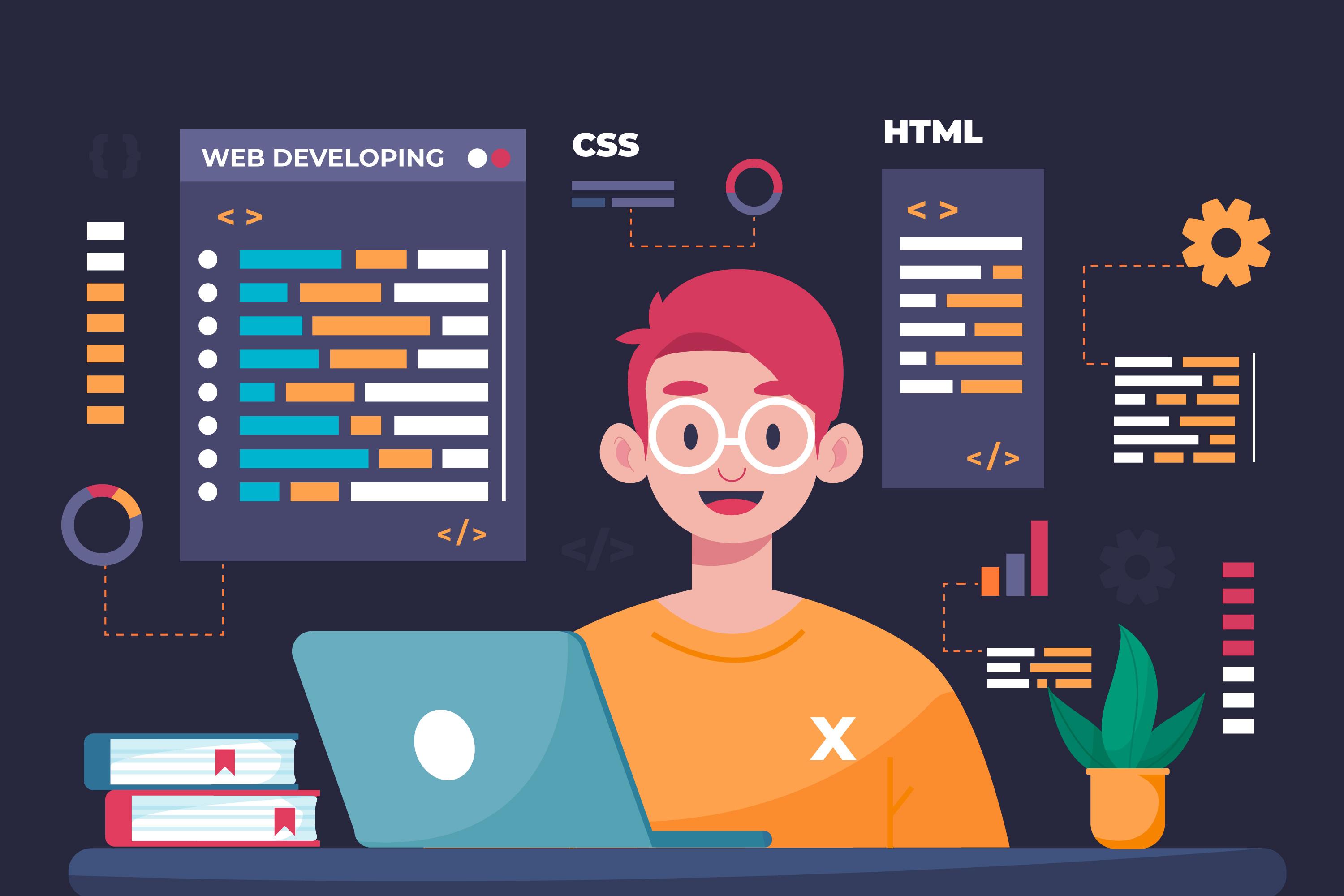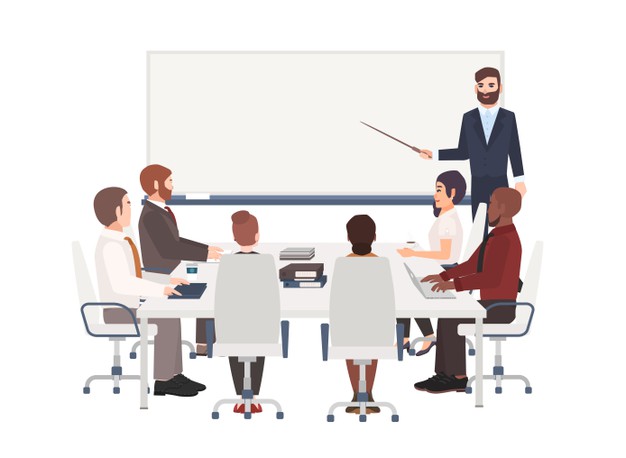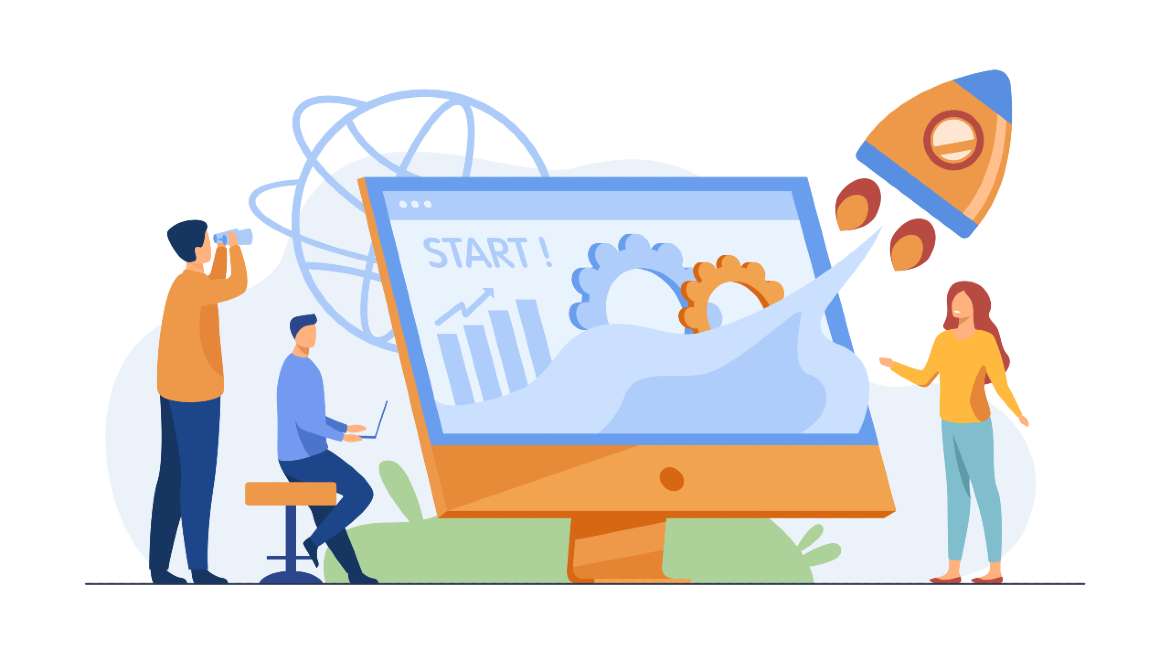Top 5 Interview Rounds to Prepare For in IT
Interviews are one of the most nerve-wracking parts of seeking a new job. Depending on the role that you are going for, interviews can last as little as 30 minutes or it can be stretched across multiple interviews over several days/weeks.
Preparation for an interview is a big part of the process of finding a new job. The key to giving yourself the highest percentage chance of success in an interview is to prepare, prepare and prepare.
In this blog, I will mainly focus on technical interviews and the questions that can get put in front of candidates. I will also reflect on certain scenario-based questions, and how best to answer them.
Technical interviews are usually led by employers who are hiring IT professionals, computer science graduates, and engineers. These interviews allow companies to assess a candidate’s technical ability, problem-solving skills, and line of thought, all in context of the role which they have been shortlisted for.
What is your coding language of choice?

Digital vector created by freepik – www.freepik.com
Interviewers will ask candidates which coding language they prefer and what language they are most comfortable with.
This is to give the prospective employer a chance to see if you have the right understanding of how to use the coding language, that they would expect the individual to use, daily, if successful in securing the job. Also, it gives companies an opportunity to see if certain individuals are comfortable using more than one language.
When answering this question, candidates should be truthful and outline which coding language they are most proficient in. If the candidate is comfortable with several coding languages, then they should outline this to the interviewer.
Behavioural interview questions

A lot of technical interviews begin or end with a few general behavioural questions based on certain scenarios.
The reason why organisations do this, is to find out who the person is and see if there is a good cultural fit between the company and the candidate.
When companies are asking general behavioural questions, candidates should answer using the STAR method: Situation, Task, Action, and Result. This simple tool will give structure to the answer and allow you to deliver a more compelling account of your experiences that are applicable to the question being asked.
Situational interview questions

This part of the interview is generally before or after the behavioural interview questions. Every industry and role has different obstacles and opportunities. Employers will evaluate how candidates are prepared to manage these situations before making any hiring decisions.
Interviewers generally focus on how you have dealt with certain scenarios that you may have encountered in the workplace. They will also ask hypothetical questions to see how you resolve the problem or challenge.
By asking these questions it helps interviewers to understand your thought process and evaluate how you would solve problems if working in their team.
Again, the STAR method will serve you well in answering these questions. By using the STAR methodology, it gives candidates time to fully absorb the question that they have been asked and bring in real-life scenarios to give credibility to what you are describing. It will also allow you to keep the answer to the point in a direct and informative way.
To best prepare for these questions, a good tactic is to pre-prepare many real-life examples that you can articulate in response to the question. To do this, take the job spec and plan out, using the STAR method, at least two examples that can demonstrate your ability to deliver each requirement listed on the job spec. Having these examples ready in your mind will allow you to stay in control and calmer throughout the interview.
Whiteboard problem solving

Generally, a whiteboard interview is where a panel of experienced Software Engineers from the organisation will test your technical and coding knowledge. They will ask the individual to solve a particular problem by writing code on a whiteboard.
The interviewers will take multiple things into account such as your thought process behind the coded language as well as the individuals’ reasoning. This part of the interview will also assess how the candidate interacts with the other individuals and how clean your coding is while doing the exercise. From speaking with candidates, it can be a stressful part of the interview, but it can also be rewarding as it will challenge you to think on your feet and really earn your place in the next stage of the interview process.
These interviews are not set out to try and make individuals fail. They will be taking several things into account such as your technical ability, cultural fit, and interpersonal skills. If you are not sure of the code in the interview or need advice do not be afraid to ask questions. Being inquisitive is a strong trait a lot of companies look for in an Engineer.
Interviewers understand that candidates can get nervous and they will welcome questions. They may not tell you how to answer the exercise, but they could steer you in the right direction. Good questions can have a big impact.
Also, to note, some technical interviews set out to find the parameters of your knowledge. So, they will keep pushing until they find out what you do not know.
This is particularly true for candidates at a more junior level. This approach is simply to know what you do know but also what potential areas would need to be developed. It is not meant as an exercise in catching candidates out.
What were your job responsibilities in a recent project you worked on?

People vector created by pch.vector – www.freepik.com
This is a question that comes up in technical interviews. The interviewer is trying to understand the candidate’s technical ability as well as their characteristics and soft skills in their current position.
This will give the interviewer an idea of what the candidate currently does and see how they would work in a team or on their own. In terms of the technical side, they will try to find the technologies the candidate was working on and those that were used.
In terms of this part of the interview, it is important to keep answers positive. If a candidate gives the interviewer a negative outlook on a recent project, they worked on it could reflect badly on the individual.
They will assess how the candidate would work in a team and how they would deal with deadlines. It is good to reflect at the end of your description of a particular project on what the project taught you as organisations love hearing how individuals try to better themselves.
An important tip would be to give attention to detail when answering questions around the project in this part of the interview. When answers are too vague (again consider the STAR methodology) the interviewers may not be able to get a clear picture of the project being discussed, and what your specific contribution was.
Conclusion
Technical interviews are an extremely important part of the recruitment process for interviewers. The aim is to not only assess the technical capabilities of an individual, but also to find out if they are a good cultural fit for the organisation.
The key to passing this type of interview is to be fully prepared. Some candidates have complete belief in their abilities and feel they don’t need to prepare for this interview. This is risky, if you are going for a job, why would you not give it 100% effort to succeed and get the offer? You should expect the unexpected as curveball questions can be asked which may catch you off guard.
When answering technical questions candidates must remember to talk through their reasoning behind the answer and give enough detail. One tip for this is to check with the interviewer. Ask them “does that answer your question or would you like more detail?” This will help keep you on track.
If the interviewer has heard enough, they may want to move on but are too polite to cut across you. The opposite also applies, they may wish to get into more detail. At least this way, you know.
Here in GemPool, we can give you advice on what to expect in interviews. We make sure all candidates are given as much information as possible so they can put their best foot forward.
Companies are hiring at the moment and if you are seeking new opportunities or need advice. You can email me at rory.lawlor@gempool.ie.
